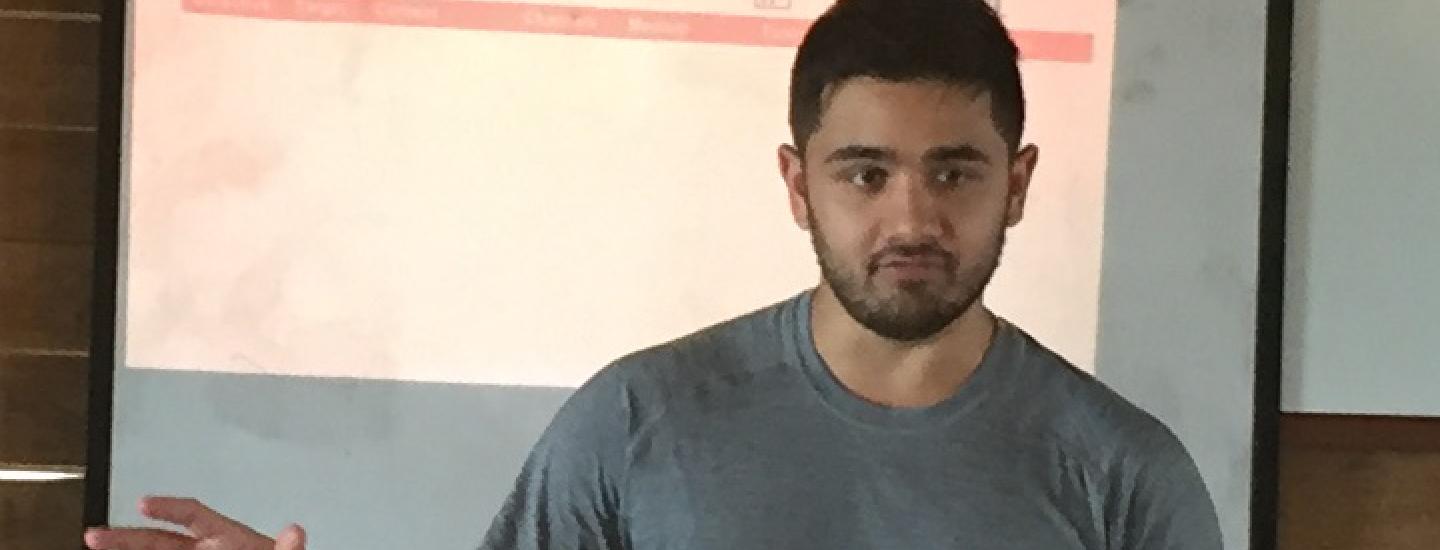
"Canadians are proud supporters of a flourishing not-for-profit sector."
Over the course of our lifetime, we are touched by this sector almost daily – we are born in hospitals, educated in schools, we volunteer for good causes, and we receive support from various not-for-profit organizations in times of need. Many Canadians decide to donate regularly and/or to donate substantial amounts of money to support great causes that not-for-profit entities advance.
Why examine not-for-profit accounting?
Studying best practices for not-for-profit organizations helps this important sector thrive. It allows those who have devoted their careers to serving and helping others to find new and innovative ways to advance their cause.
This is why it is so important for those in the accounting industry to know how to work effectively with charitable organizations, specifically in regards to preparing their publicly available financial statements. As highlighted by the Charities Directorate (part of the Canada Revenue Agency), professionals preparing financial reports for not-for-profit organizations must be highly skilled in managing finances and reporting; the trust of donors, and future of the organization, depends on the accountability and transparency that shines through the reports. In other words, finances can make or break a non-profit organization, just as they can in the private sector.
An incredible responsibility
The intense responsibility of public sector accounting, or government accounting, cannot be overlooked. Professionals who prepare reports for government entities operate with large amounts of public dollars – hard earned dollars that we all pay with high but often differing expectations. Individuals who dedicate their careers to being public servants work exceptionally hard in order to ensure that public dollars are wisely spent, and that their reports are timely, accurate, and-most of all- clear to the public taxpayers. They are held to higher level standards of ethics, and we expect transparency. I find the study of this transparency fascinating, because it is a tool for building public trust and engagement.
Small but mighty
Beyond public sector accounting, it’s important to explore and analyze other not-for-profit entities and their accounting activities – from a neighborhood’s basketball club, to an association, to a religious organization. These entities, regardless of their financial potential, accomplish an important social function – they make our society a better place. Financial reports for smaller entities are often prepared by volunteers (which is fantastic)! This is why clear reporting standards are important; they ensure that organizations maintain transparency and accountability, so that those involved - from staff, to donors and volunteers, to those in need - have trust to continue their relationship with the organization.
Critical giving
Another important aspect of not-for-profit accounting, is the critical role that donors play. By providing donations, endowments, and bequests, they are huge supporters of the causes they invest in. From new equipment in hospitals to vital scientific breakthroughs, donor-funded initiatives change our world for the better. The significance of donor funding creates an even greater demand for transparency and accountability. Out of respect to donors, the preparers of financial reports must do their very best to demonstrate how funds are spent. Furthermore, these statements are read by potential donors. While these financial reports are not meant to be used for marketing purposes, they become one of the key tools for donation decision making, especially for large giving initiatives.
Not-for-profit organizations help make Canada more inclusive, vibrant, and supportive. Studying the significant role that financial reporting plays in this sector allows us to grow, improve, and support societal goals.
Darinka Pejic instructs our Not-For-Profit Accounting and Related Topics course. She is a Chartered Professional Accountant (CPA, CGA), and holds an MBA degree from Laurentian University. Darinka has experience working in both the private and public sectors, and is currently a Director, Finance and Administration at a large government agency. She has led preparation of financial statements, as well as the annual budgetary planning processes, for public sector entities of various sizes. Darinka has over ten years of experience teaching financial and managerial accounting.









